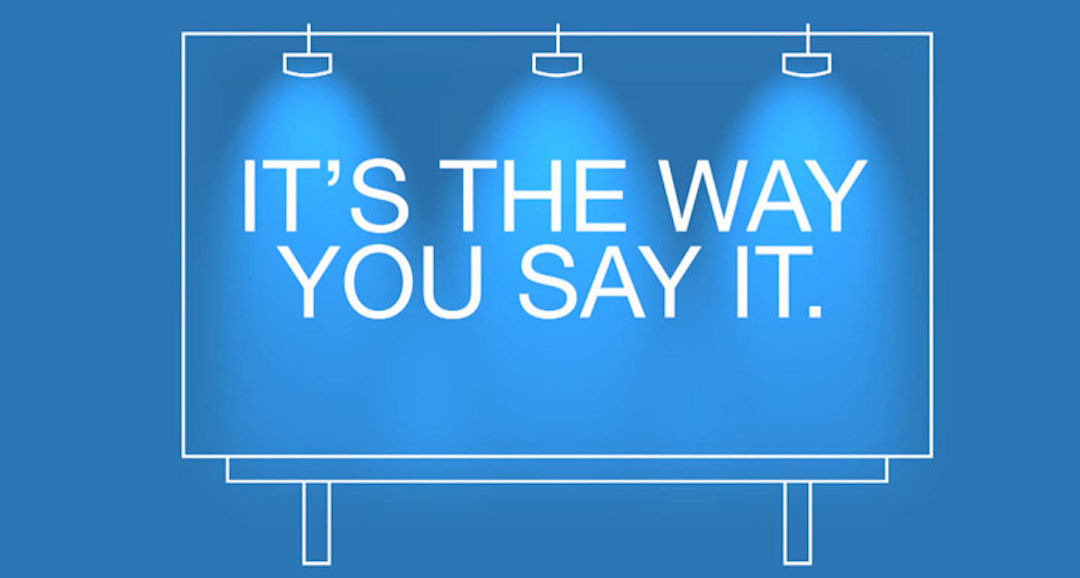28 Jan Ethics: Grant Ethics Codes of Conduct
Posted at 14:26h
in Competency Seven, Courses, Ethics, GPC, GPCI Competencies, Grant Writing, Julie Assel, GPC, Uncategorized
Ethics: Grant Ethics Codes of Conduct: What Do They Say and Why are They Different Session 1 of the Ethics Series Ethics in grants can be a hot-button discussion, but what does it mean to be an ethical grant professional? In this first session on grant ethics,...







